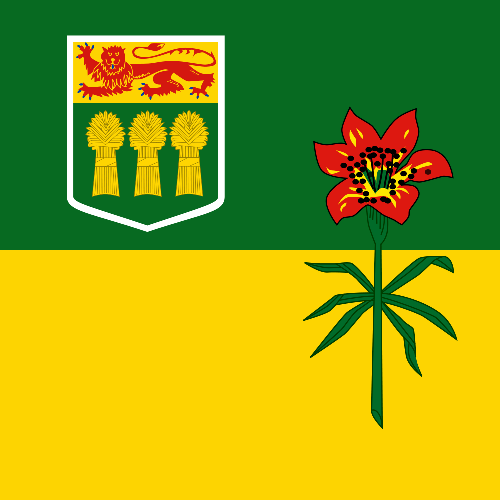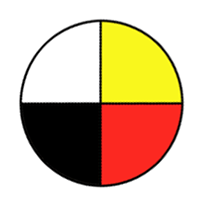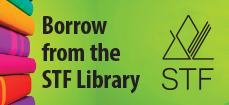Illustrate how both traditional healing (including First Nations and Métis practices) and current Western medical advances have influenced the prevention and/or management of past and present health challenges (including mental health/illness, HIV/AIDS, Hepatitis C, diabetes).
| (a) |
Investigate and distinguish points of view expressed about health opportunities and challenges, both past and present (e.g., management of illness/disease, tobacco legislation, obesity). |
| (b) |
Categorize and compare a variety of health challenges as short-term/long-term (e.g., depression) and as serious/not serious (e.g., HIV/AIDS). |
| (c) |
Explain how the mind, body, and spirit may be affected by health challenges (e.g., irritability, fatigue, motivation, depression). |
| (d) |
Examine historical (including First Nations and Métis healing practices), contemporary (including technological), and complementary practices (e.g., inclusion of healing circles and sweat lodges along with counselling in the treatment of mental illness) for preventing/managing health challenges (including mental health/illness, HIV/AIDS, Hepatitis C, diabetes). |
| (e) |
Examine basic costs to society when threats to health (i.e., mind, body, and spirit) are not prevented/managed. |
| (f) |
Investigate the changes in practices (e.g., use of new plants in medications to replace those no longer available, use of technology) to prevent or manage health challenges. |
| (g) |
Examine strategies to reduce the prevalence and the impact of potential current health challenges (e.g., immunity to antibiotics, pandemics, obesity, HIV/AIDS). |


The resource guide offers an essay by Elder Rose Richardson regarding her personal experience in using medicinal plants. It includes a table of contents, a glossary and lists of print resources and websites that could be useful for further study of medicinal plants.



